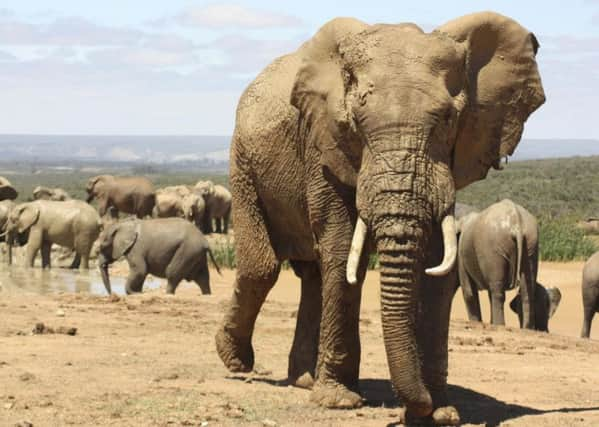York scientists using new methods to target poachers


Ecologists from the University of York have been testing a new way of predicting poachers’ next moves, based on a finding that they go to the same areas time and again. The new software records illegal activity, pointing patrols in the right direction. And it has been making a big difference in cutting reports of crime.
“Biodiversity in protected areas is increasingly threatened from illegal activities such as cattle encroaching and hunting,” said Dr Rob Critchlow, research associate at the University of York’s Department of Biology. “Ranger patrols are commonly deployed to try to stop such activities across such areas around the world.
Advertisement
Hide AdAdvertisement
Hide Ad“This is the first indication that altering ranger patrols on the ground can result in considerable benefits for conservation. We are keen to test this approach to assess its applicability across different types of protected areas.”
Scientists, working with the Wildlife Conservation Society (WCS) and the Uganda Wildlife Authority (UWA), had trialled the new patrol methods within Queen Elizabeth National Park (QEPA), one of Uganda’s most important protected areas for elephant conservation. The new patrol allocation method found that rangers were more effective.
Scientists say this is a significant finding, as patrols require significant funds to maintain them, often at more than 50 per cent of a park’s budget.
Dr Andrew Plumptre, director of the Albertine Rift Program at the Wildlife Conservation Society, said the data is now being used in more than 120 protected areas across the globe.
Advertisement
Hide AdAdvertisement
Hide Ad“The method shows how such data can be used effectively to strengthen patrolling. Importantly this improvement is made at the same cost and results in a more efficient and effective deployment of rangers.”